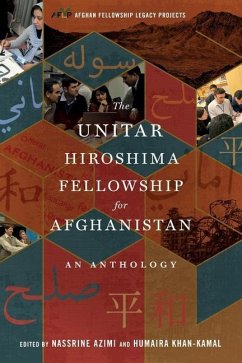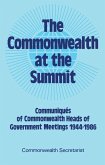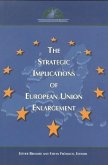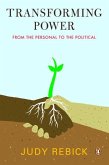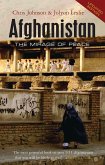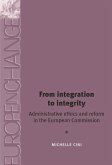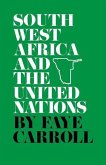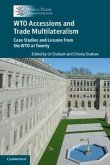This book is a collection of writings by multiple members of the UNITAR Hiroshima Fellowship for Afghanistan (AF), covering the period since the inception of the Fellowship in 2003, till the present day. The imperative to share this story became even more critical in the wake of the events of August 2021 in Afghanistan, and the return of the Taliban to power. It seemed essential to document the unique 15-year Hiroshima Fellowship, and to learn from the challenges and accomplishments of an Afghan-driven international development effort, before the recollections were lost. Part of the UNITAR Afghan Fellowship Legacy Projects (AFLP) the book has brought together authors from among the 500 alumni, mentors, faculty members, partners, and UNITAR staff, who took part and here share their experiences and analysis of the Fellowship over the years - its unique structure, its philosophy and modus operandi, its particular emphasis on building, and sustaining, a community of professionals and international mentors. Each chapter tells a what, why, and how story, lessons learned, impressions or reminisces of the Fellows' learning and projects during many training cycles. The collection examines the diversity of Afghanistan through the Fellows' personal stories - their transformations, dreams, and concerns for themselves and for their country. It details the journeys of the mentors, resource persons and international partners, whose lives were transformed by proximity with the Afghans and their aspirations. It also sheds light on the Fellowship's special connections with Hiroshima and Japan. This is a compelling human story, of different people coming together from around the world to solve problems and initiate solutions together - regardless of language, cultural barriers, and technological challenges. It is a story which can upend the current discourses about Afghanistan and shed some light on the oft-repeated question of the recent past - "Was it all a waste?" This is a critical reflection for future development and humanitarian interventions.

